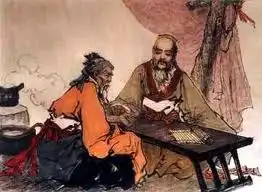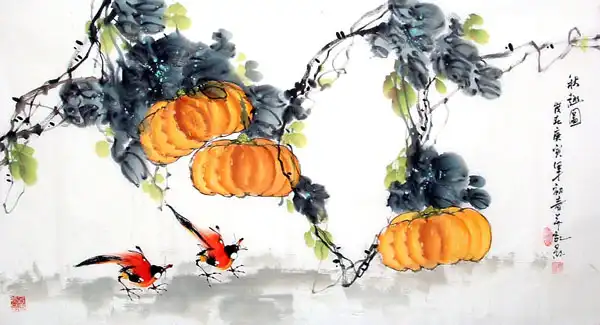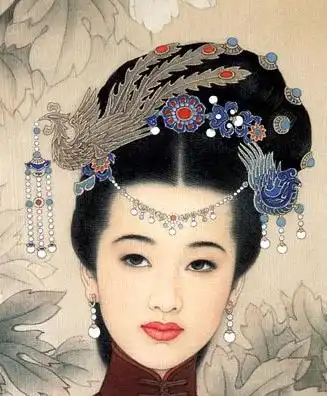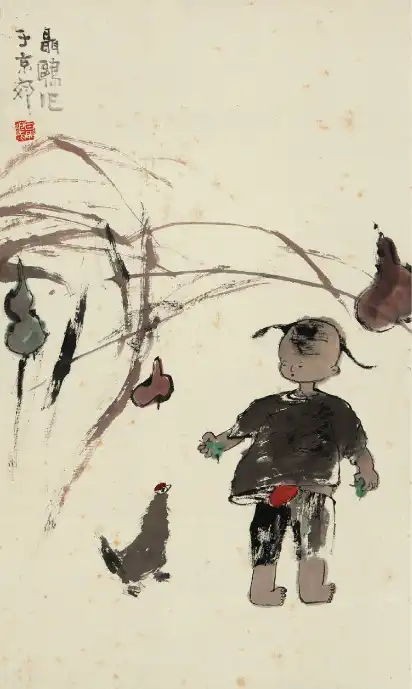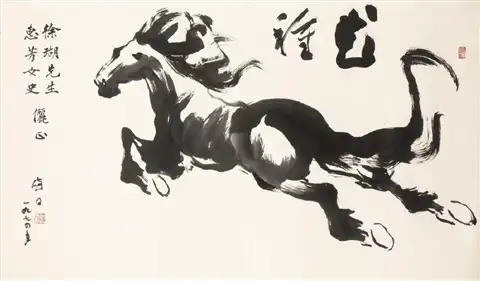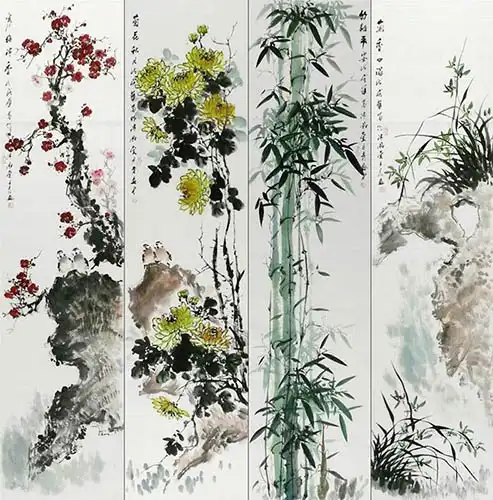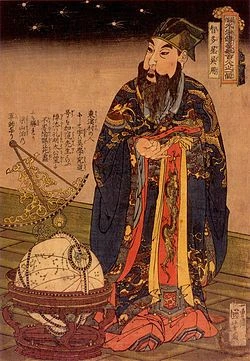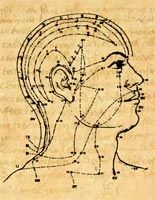Since Yang in nature represents activity, light, warmth it logically represents function/warming faculty in the human body. Since Yin in nature represents rest, quiet, slowness, in the human body it translates to structure, substance, matter. In other words Yin represents blood, body fluids and matter, while Yang is the force that gives them live.
There is good health when Yin and Yang are in balance. When there is deficiency of Yang, Yin instantly becomes excessive and vice versa – when there is deficiency of Yin, Yang becomes excessive. Yang deficiency manifests in coldness, lethargy and overflow as there is "deficiency of warmth and energy" which struggles to contain the matter. Some symptoms of Yang deficiency are feeling cold, cold hands and feet, lack of energy, lassitude, water retention, excess urination, etc.
When there is Yin deficiency the warming principle of the body (Yang) becomes excessive which in time will lead to accumulation of heat. Since blood and body fluids belong to Yin, Yin deficiency will also manifest in dryness. Some symptoms of Yin deficiency are thirst, night sweats, dry mouth, dry throat, dry skin, etc.
Every organ has Yin and Yang aspects and there are different stages in every Yin and Yang disharmony. The examples mentioned above are just a small fragment of the countless symptoms our body and body organs may manifest when Yin and Yang are not in balance.
YS
Related Articles:
Five Elements in Chinese Medicine

